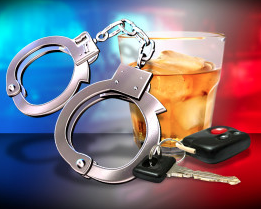 WASHINGTON (AP) — The Supreme Court has placed new limits on state laws that make it a crime for motorists suspected of drunken driving to refuse alcohol tests.
WASHINGTON (AP) — The Supreme Court has placed new limits on state laws that make it a crime for motorists suspected of drunken driving to refuse alcohol tests.
Justices ruled Thursday that police need a search warrant before requiring drivers to take blood alcohol tests. But the court declined to require a warrant for breath tests, which it considers less intrusive.
The ruling came in three cases where drivers challenged so-called implied consent laws in Minnesota and North Dakota as violating the Constitution’s ban on unreasonable search and seizure. State supreme courts in each state had upheld the laws.
Drivers in all 50 states can have their licenses revoked for refusing drunken driving tests. The court’s ruling affects laws in eleven states that impose additional criminal penalties for such refusals.
In March, Kansas Attorney General Derek Schmidt asked the state Supreme Court to put on hold recent decisions that declare state DUI-related statutes unconstitutional until the U.S. Supreme Court decides a similar case later this spring.
In a series of four cases announced on February 27, the Kansas Supreme Court overturned state statutes related to DUI, most notably a statute making it a crime for a person suspected of DUI to refuse to submit to a breath test to determine blood-alcohol levels.
